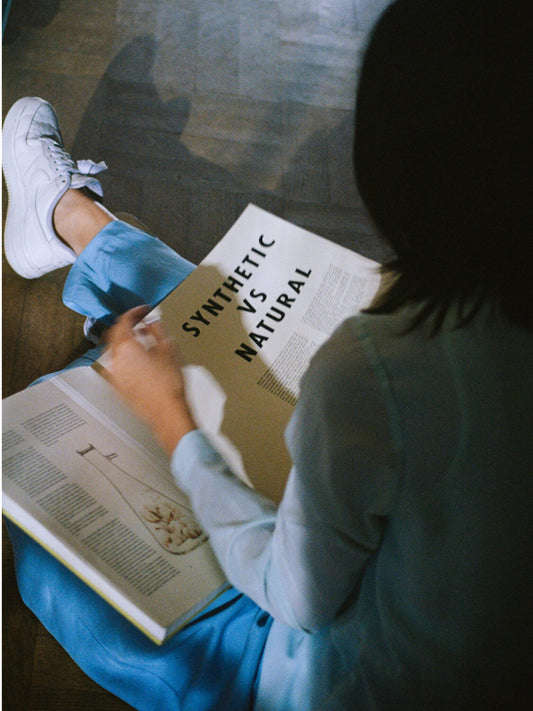Do our periods really sync up?

Remember, your menstrual cycle is unique.
When it comes to period syncing, there’s quite some contradictory scientific research to unpack. But before we do, it’s important to remember period syncing’s biggest counter-argument: your menstrual cycle is unique.
It’s a scientific fact that menstrual cycles vary in length, with anything between 24 and 38 days counting as ‘normal’. The start of your period also marks the start of your new menstrual cycle. But periods can last between 2 and 7 days. This means that your cycle (and period) is likely shorter or longer than that of someone close to you.
Moreover, cycle and period length doesn’t just vary from person to person, but it can also vary throughout your life and even from cycle to cycle. On a monthly-ish basis, it can even be impacted by your sleep, stress levels, medication and other factors.

Where does the theory of period syncing come from?
Although the idea of menstrual synchrony had likely been around before, it was first studied in 1971 by doctor Martha McClintock. She looked at the menstrual cycles of 135 college women, some of whom lived in dorms together. Her conclusion? Women who were close friends or roommates tended to have their periods closer to each other. Women who had no close relationship tended to have their periods further apart.
Why isn’t menstrual synchrony a thing?
Despite McClintock’s promising study, newer research doesn’t support period syncing as a real phenomenon. A small study from 1993, for example, found no evidence of menstrual synchrony in lesbian couples. A 2006 study amongst female college roommates found that the women’s periods didn’t sync up. And a 2017 study, using data from the cycle tracker Clue, found no evidence of period syncing either. Moreover, these studies couldn’t find any proof for the reason behind period syncing, which, according to Martha McClintock, was thanks to some women having an ‘alpha uterus’.
So, why does it feel like our periods sync up?

If menstrual synchrony isn’t a real thing, why does it occasionally feel like it is? In a 1999 study on period syncing, 70% of respondents said they’d experienced the phenomenon for themselves. So you’re not alone. But, again, why?! Even in studies that disproved menstrual synchrony, some subjects still had their periods at the same time. This, the researchers explained, was below what could reasonably be considered chance. In other words: it’s just a coincidence.
With the above-mentioned average cycle and period lengths, you could easily be on your period for up to 25% of your cycle (it’s not the most uplifting thought, we know). If your partner, BFF or roomie has the same, the chances that your periods overlap at some point… are pretty high. Another logical reason is that, when you spend an increasing amount of time with someone, you’re just becoming more aware of each other’s respective periods (or feel more chill in leaving your tampons around), which is a great thing, but might make it feel like you’re syncing up.
The bottom line? Menstrual synchrony isn’t a scientifically proven fact. Yet, periods still demand a lot of scientific research. It also doesn’t mean that you can’t have your period simultaneously with someone close to you. And it could be quite a happy coincidence if you do. You could eat mountains of chocolate together, stock up on a collective stash of period products, watch Netflix together… you name it.


